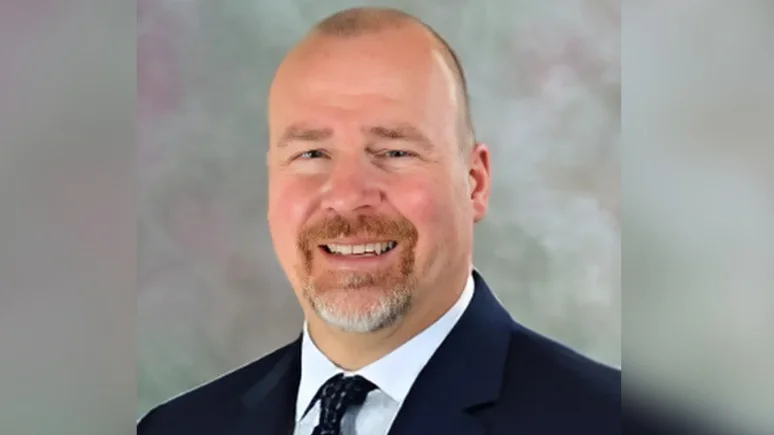Randy Romanski, Secretary | Wisconsin Department of Agriculture, Trade and Consumer Protection
Randy Romanski, Secretary | Wisconsin Department of Agriculture, Trade and Consumer Protection
After a recent storm, vehicle owners and homeowners in Wisconsin are encouraged to exercise caution when seeking repair services, according to the Wisconsin Department of Agriculture, Trade and Consumer Protection (DATCP).
For those needing auto body repair for hail damage, the process remains straightforward. Shops are not allowed to conduct unauthorized repairs or raise prices beyond what was estimated without consumer approval. A shop can hold a vehicle until payment is made for authorized repairs but cannot keep it if payment is refused for repairs not authorized by the customer. Once the work is finished, the shop is required to provide a detailed invoice, including labor charges and costs for parts replaced.
Homeowners should be wary of door-to-door repair crews, which DATCP identifies as "storm chasers." These transient workers often appear following storm damage, using aggressive tactics to solicit jobs. DATCP cautions that while a quick fix may seem appealing, these crews often offer subpar work, or they might take payments without completing the repairs. The department highlights that these crews are often from outside Wisconsin, making it difficult for consumers to recover their money if something goes wrong.
To protect themselves, consumers are advised to hire local contractors. Some recommendations provided include confirming that repair crews have proper permits, asking for recommendations from trusted acquaintances, and consulting local building inspectors for oversight before making final payments. It's crucial to have a written contract outlining the scope of the work, materials to be used, and warranty details. Consumers should also obtain lien waivers for payments made and maintain copies of all contracts and correspondence.
Wisconsin's legislative measures against storm chasers aim to protect consumers and businesses from insurance fraud. Crucially, contractors are prohibited from promising to cover property insurance deductibles or negotiate with insurance companies without the customer's explicit permission. They must also inquire if the work relates to an insurance claim and issue notifications about any denials from insurers.
For further details about consumer protection resources or to file complaints, DATCP encourages visiting their consumer protection webpage or contacting their hotline.






 Alerts Sign-up
Alerts Sign-up